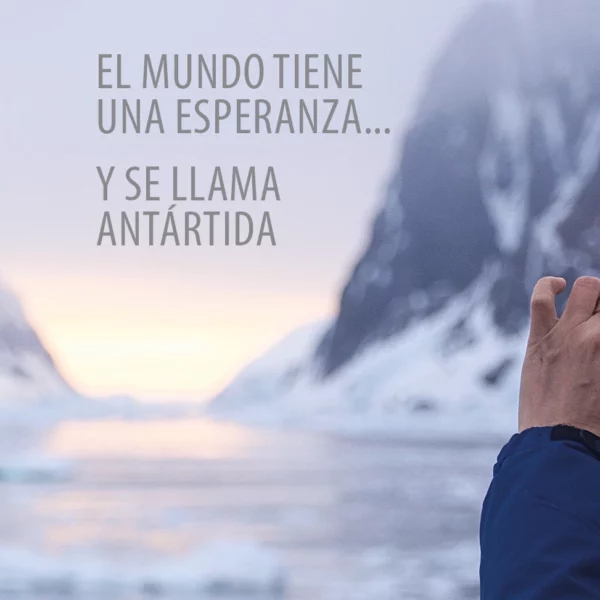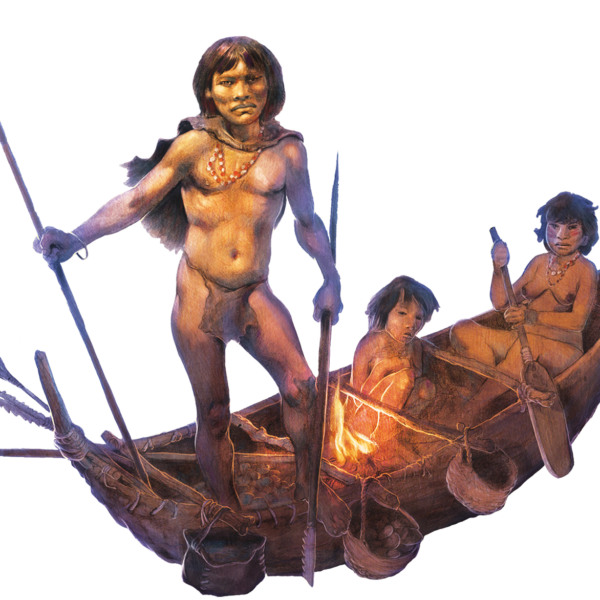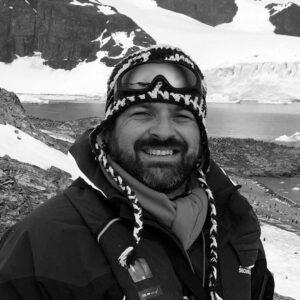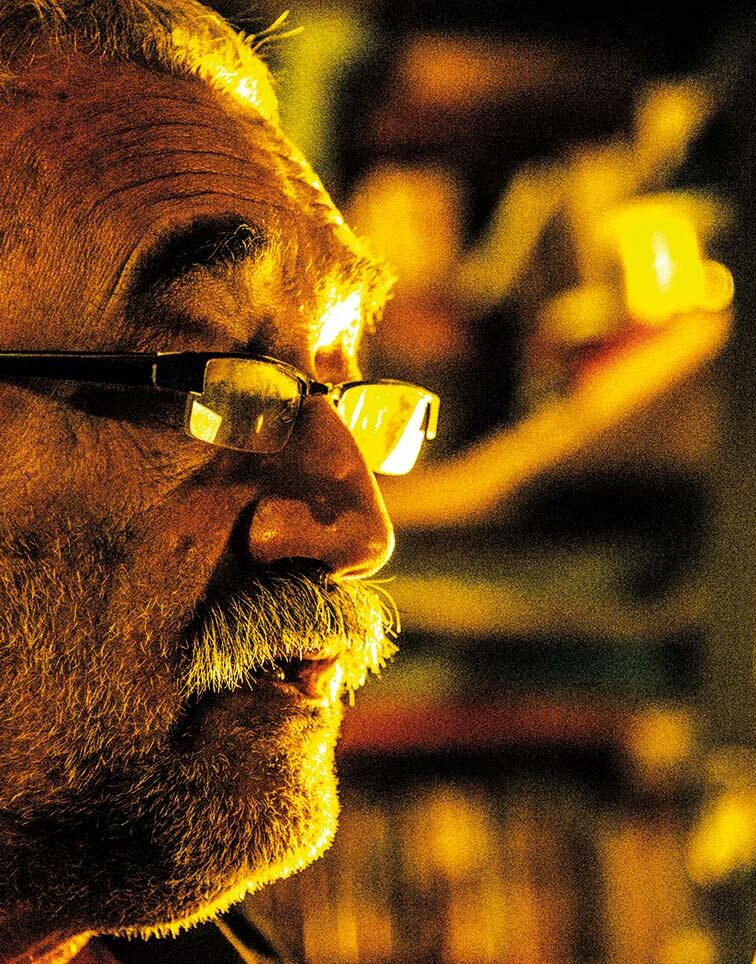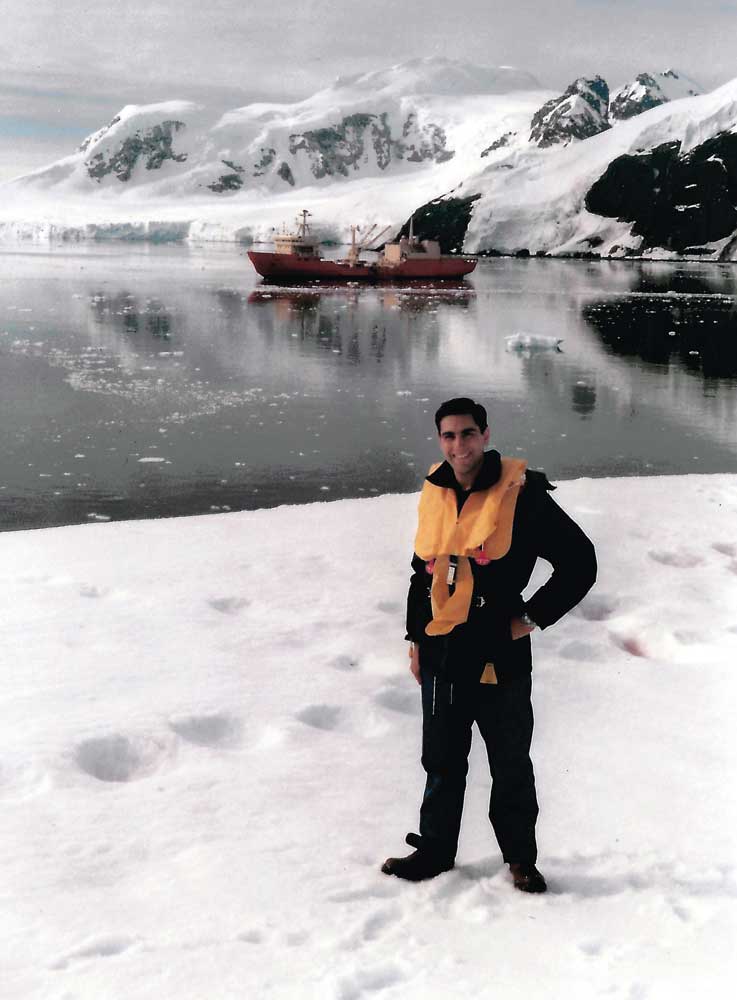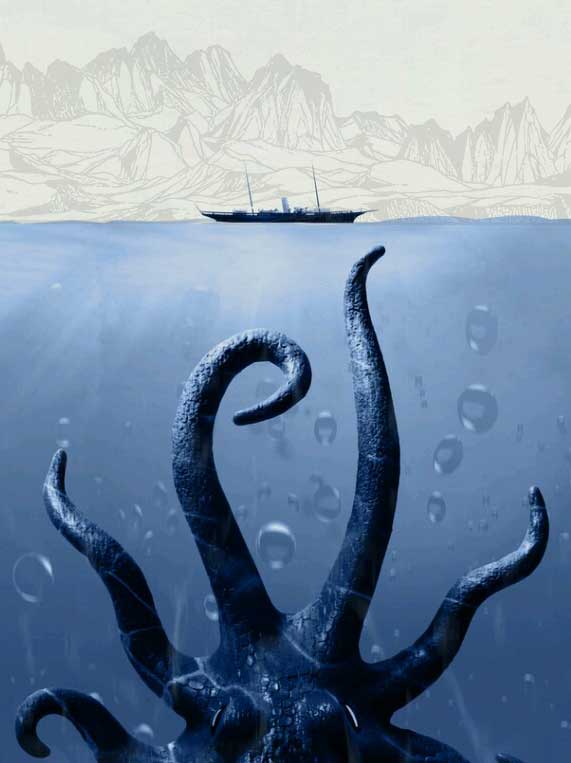
Ice and death
Antarctica as a frontier of the rational in horror literature.
Extremes in the human imagination are always territories of adventure. Whether physical, mental, or geographical, what lies beyond borders is a challenge to the human spirit, a promise of knowledge, but also an escape and a promise of freedom… The unexplored is a call to the epic, whether it be the stars in science fiction, human nature in horror, or the conquest of territories in epic poems.

Modern societies, with their health insurance, their institutions, their social conventions, their technologies, the hyperconnectivity of networks, their bourgeois art, and advertising as a gospel drip, deprive us daily of the uncertainties that remind us of the ephemeral nature of our existence. These statements are not a social critique. Like everyone else, I celebrate and denounce what the system offers or denies; I am not nostalgic for the deprivations we suffered as a collective until not so long ago.
My job today is to recommend other people's fiction and, at best, hopefully, understand what makes it work.
I believe there are real places that, due to strange circumstances, have the same aroma in the popular imagination as legends. To say Kilimanjaro, Tibet, Siberia, Easter Island, Greenland, and Antarctica is almost to say Mu, Atlantis, Shangri-la, or El Dorado.
The world is shrinking day by day. The technological innovations of the last hundred years have been overwhelming. The consequences of the Enlightenment have mutilated the mystery. Only a few regions survive, hidden under a romantic shadow. In part, I believe, thanks to literature.
Fictions have always guarded and enhanced the ineffable symbol of our journey through the world.
As Argentines, we possess a region of the planet that is sphinx, mystery, poetic mist, adventure, epic, and heroic. We have Antarctica…
The frozen regions at the world's poles have fueled humanity's imagination since their discovery. From ice giants in Norse myths to Santa Claus's home according to Coca-Cola advertising agencies, Superman and his Fortress of Solitude, Mary Shelley's Frankenstein, and Dan Simmons' The Terror all take place at or near the North Pole. On the southern side, we find nightmares written by Poe and Lovecraft, poems by Neruda, and adventures by Verne and fellow resident Coleane.
The harsh climate, the remoteness, and the whiteness of its settings make the surreal tone offered by Antarctica almost extraterrestrial, perhaps for this reason it was ductile material for literary nightmares.
Today we are going to talk about two of them.
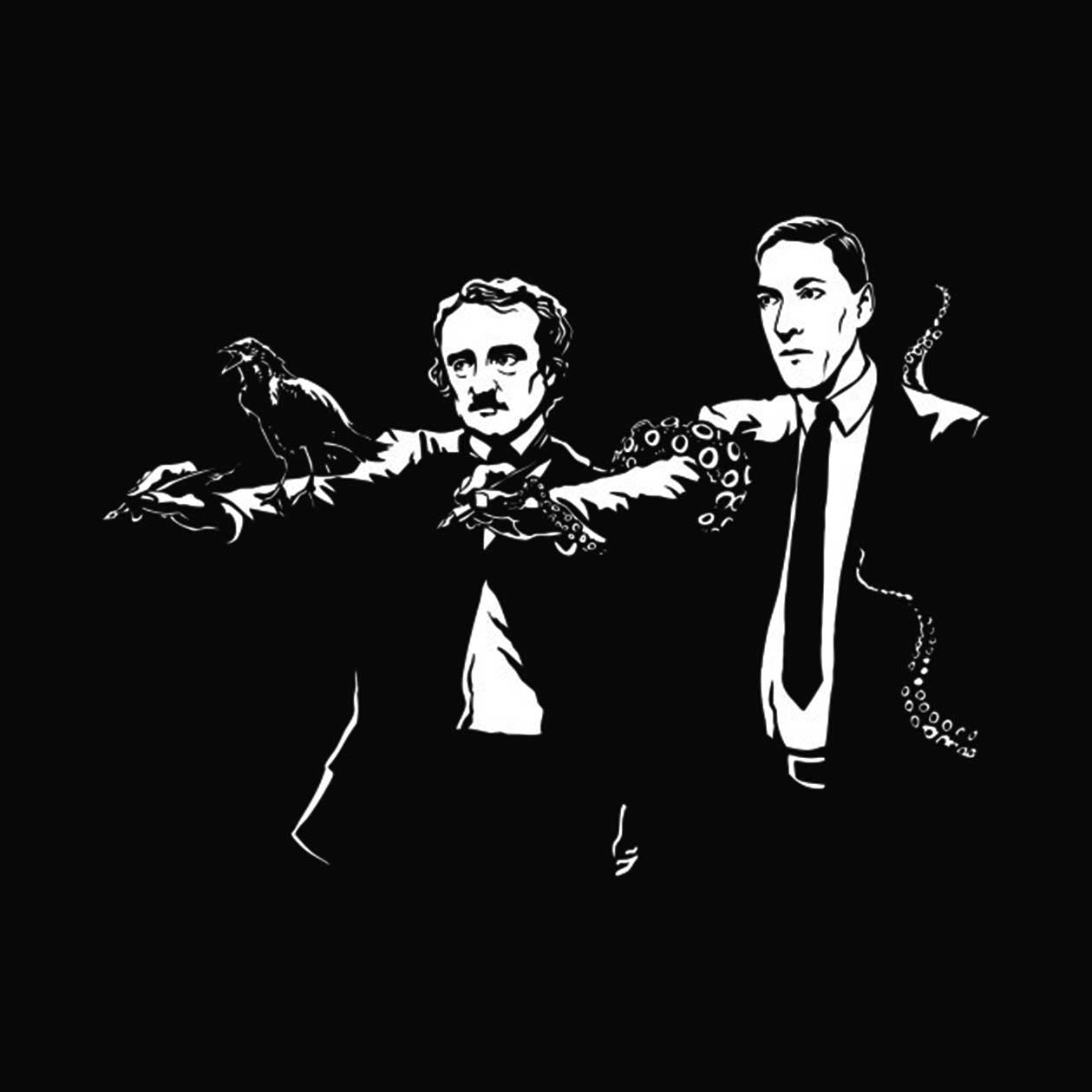
Reviews
Arthur Gordon Pym of Nantucket
Edgar Allan Poe is the father of modern fiction, an essayist, poet, short story writer, and novelist. Admired by Cortázar, Borges, Baudelaire, Navokov, and many others, he was plagued by excesses and an early closeness to death, and his inner landscape was nightmarish. Halfway between Romanticism and Enlightenment, like the great Gothic cathedrals of the 14th century, his work is dark, but its construction is rational.
He wrote a single novel, which he published unfinished and in installments in contemporary newspapers. Later compiled into a book, The Narrative of Arthur Gordon Pym.
The thrilling action-packed story of Pym, a stowaway on a ship bound for the southernmost latitudes. His journey will feature mutiny, cannibalism, surrealism, literary experimentation, and a nightmarishly epic finale.
The polar ice is, in this case, the protagonist's final destination. It's a symbol of the incomprehensible, of terror, as if it were one of the most terrifying faces of a demented deity. It's the stuff nightmares are made of...
At the Mountains of Madness
It is one of the most famous works of H.P. Lovecraft, a cult writer and creator of the cosmic horror genre. Lovecraft was a profound connoisseur and admirer of Poe's work and considered him his master. This work is a tribute to The Narrative of Arthur Gordon PymBut where Poe finds the end of his work, Lovecraft finds the beginning. Intertextuality and fan service united by horror.
A scientific expedition arrives in Antarctica to explore and search for geological remains for study. There were two previous explorations, both of which have disappeared. This novel is part of the series. The Cthulhu Mythos. Lovecraft was one of the first writers to construct an organic literary body. His works share a common universe and at the center of that cosmos is the myth of the Necronomicon (a cursed book, written by a demented Persian, hundreds of years ago).
Death, horror, mysteries, ancient races, madness, and the face of evil in its most metaphysical sense are what this work offers us.
Once again, the southern ice caps serve as the backdrop for an unknown and alienating world. A metaphor for the human condition, its strengths, fears, and weaknesses.
I followed Fede Marcel and his From Other People's Gardens on Spotify
👉 See the full article at:
Section
RYonceithern Literario – USH Magazine VI (Special Antarctic Edition)
Enjoy the version Free Online Magazine!
